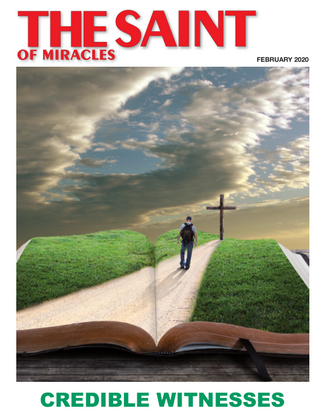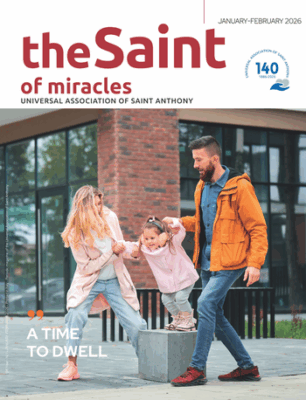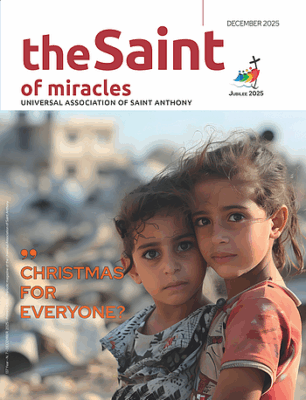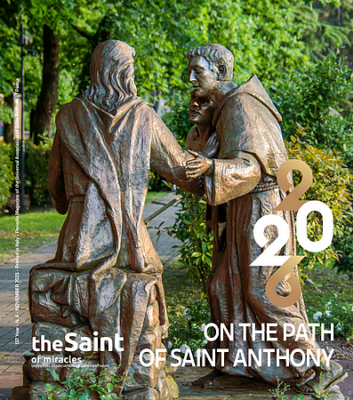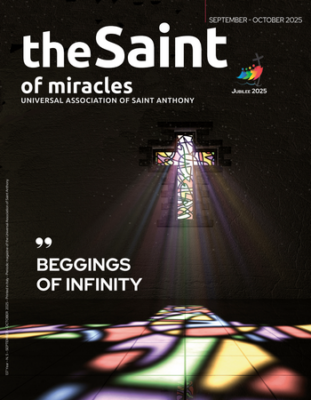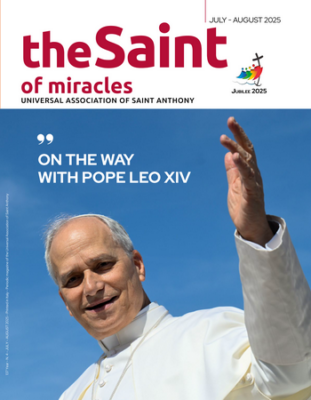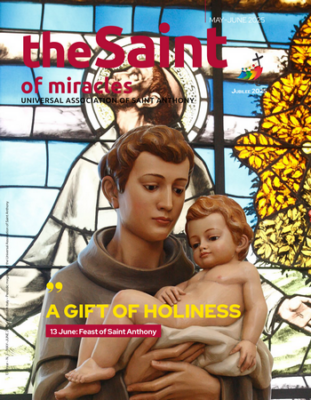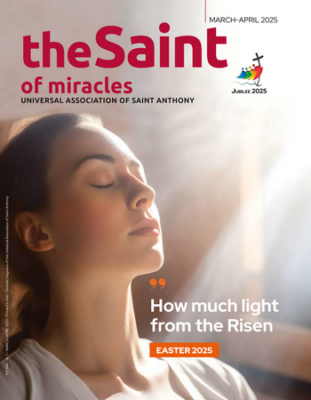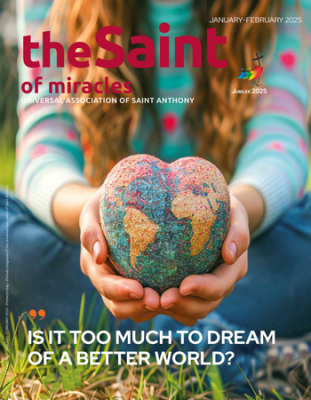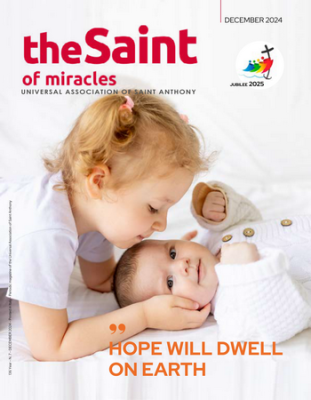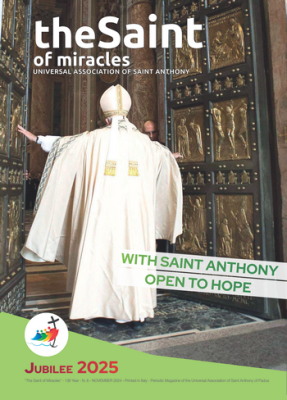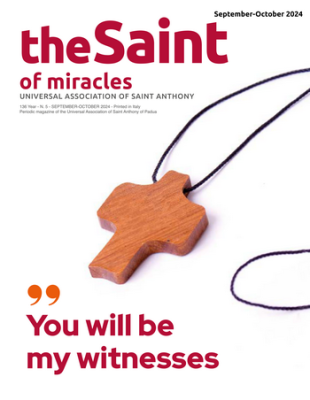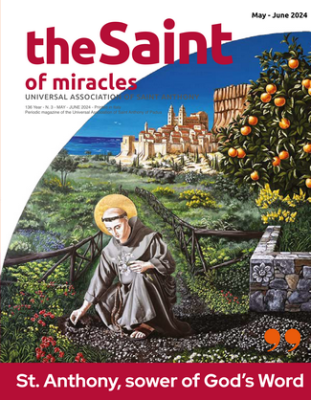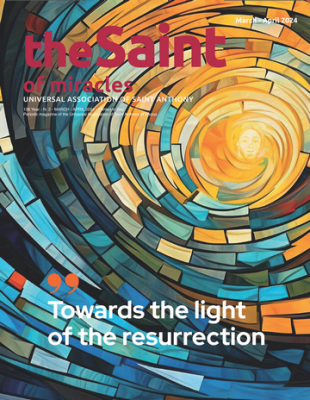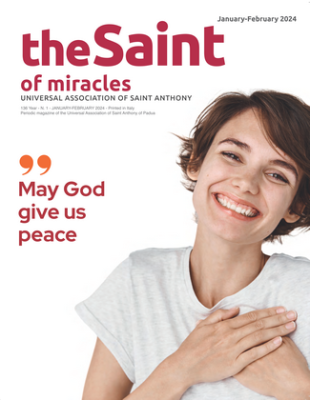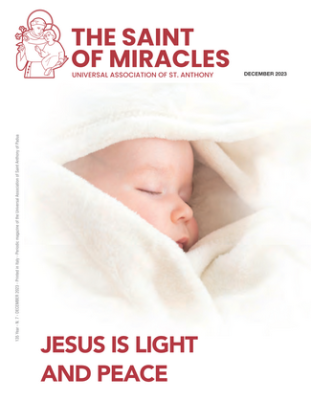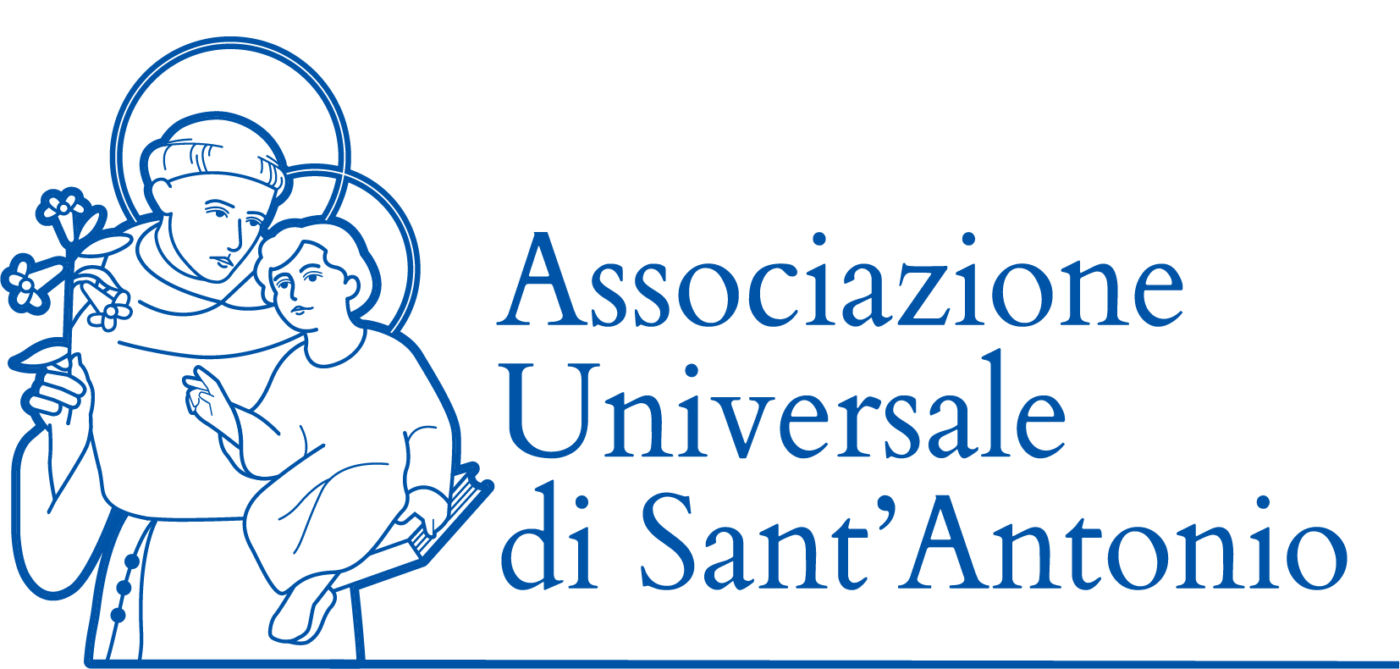Year 132 - February 2020Find out more
Credible witnesses
Fr. Livio Tonello, director
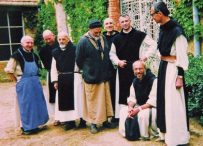
In recent months I have come across significant texts, catchphrases, spiritual commentaries. Some people are skilled in writing and speaking, capable of intercepting emotions and unexpressed questions. In a few lines, they can find effective words to describe, stimulate, nourish, touching the strings of sensitivity.
But is this enough? The liturgy, for example, gives us words and gestures full of meaning which, however, if they are relegated to the rite, are ends in themselves. The value of words, of signs, of emotions, should be performing. That is, capable of provoking changes, actions, lifestyles. It is not difficult to believe (especially when you are in church).
It is difficult to be credible when you pass by the street. The gentleness and strength of the Christian message can be fascinating, but the latter requires a vital translation. Pedagogy teaches us that educational effectiveness is achieved when facts are combined with teaching. Better: when the behaviours, the choices, the lifestyle of those who accompany us in our growth are the visible translation of the values that inhabit their hearts.
What good are advice, calls, rules if they are not followed by a coherent life? The credibility of the Christian is the first form of evangelization. The truth of these words can be found in the testimony of the 19 martyrs of Algeria, beatified in Oran on 8 December 2018: priests, monks, and nuns killed between 1994 and 1996, victims of the civil war that crossed the North African country. Among them the 7 Trappists of Tibhirine.
Although aware of the danger threatening their lives, they had decided to stay with the Algerian people until the end. The Muslims themselves took their defences in the face of armed repression, losing their lives in some cases. Prior Christian wrote in his diary a few weeks before the kidnapping: “I would like my community, my Church, my family, to remember that my life was given to God and to this country”.
It is a testimony that does us good. In a culture where appearance is sought after and contested, a little credibility is not bad. It’s easy to draw attention to social media, to be influenced by slogans and high sounding eloquence. It takes attention before granting credit and citizenship to proclamations. Talking can also be easy, it is difficult to give substance to words. It is the first task also for Christians, called to speak with life and in defence of life.
And that is what Saint Anthony was able to do fully. The 15 th of February is the “Feast of the Tongue”: the celebration recalls the prodigious event that took place in 1263 when, inside the Basilica finally completed, it was desired to give a more dignified tomb to the bones of the Saint (who died in 1231).
In the presence of the superior of the Franciscan order, Friar Bonaventure of Bagnoregio, the old chest was opened and it was discovered that Anthony’s tongue had remained intact: a sign that the Lord wanted to preserve that part of the body so much used to preach the Gospel and to give praise to the Creator!
This tongue still speaks today, in silence. Evidence of this is shown by the many devotees who flock every year to the Basilica where it is preserved, to find strength and impetus, to live the Gospel in their lives every day. Faithful people who continue to believe and who, in their daily efforts and choices, prove themselves credible.


 Italiano
Italiano Français
Français